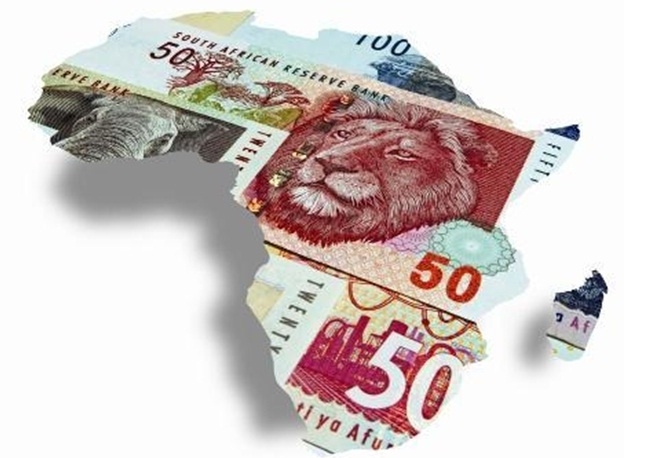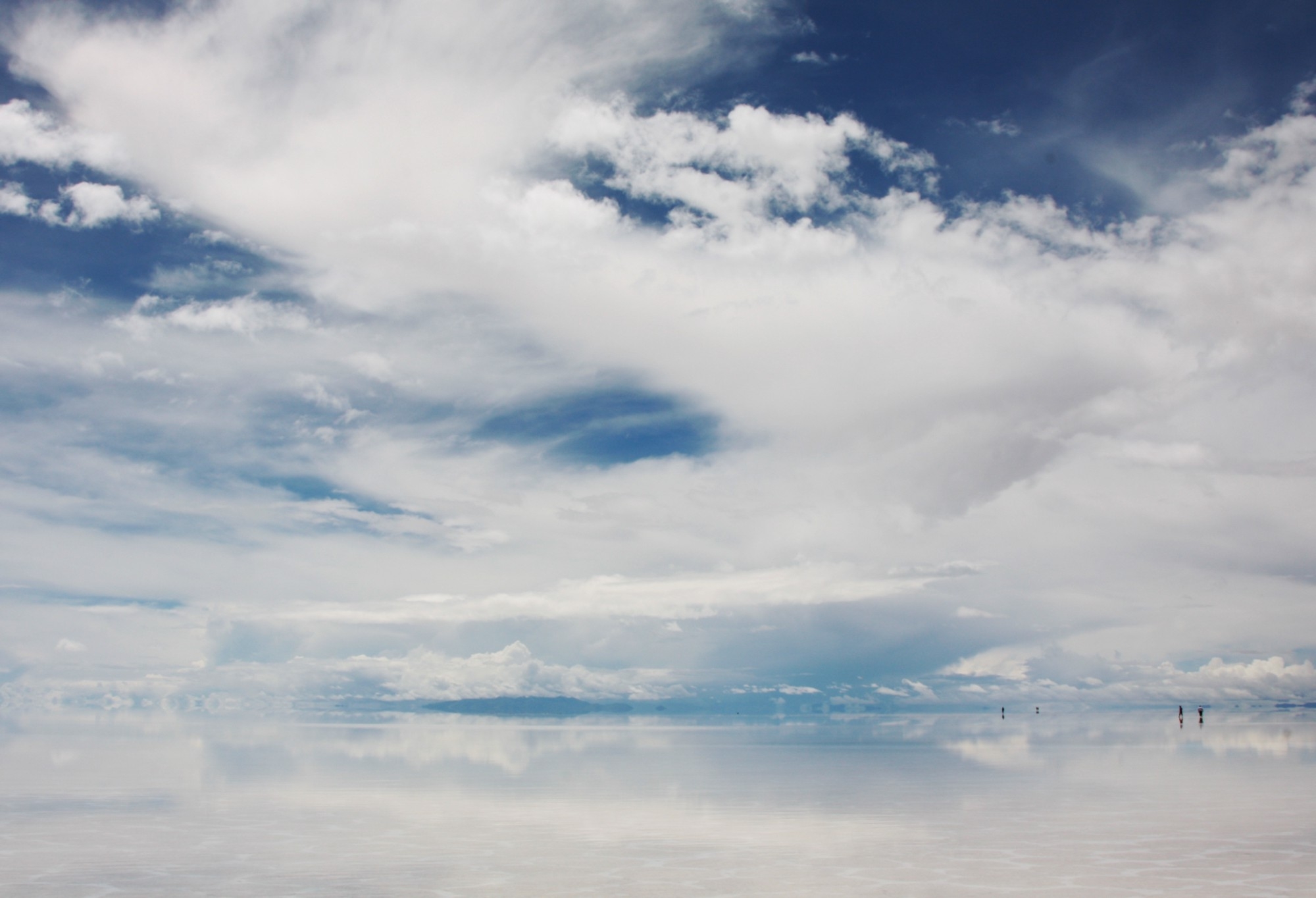
A KPMG analysis of the factors that attract investors in Africa show that corruption, poor infrastructure and onerous business conditions in fact do not scare off investors, if the mineral, oil or gas resources are sufficiently attractive in the context of global demand – but warns that even tough miners stay away from politically instable regions.
Robbie Cheadle, Associate Director, Deal Advisory, KPMG in South Africa, states that the lure of significant natural resources is always measured against the stability of local political and business environments, which are impacted by security factors, infrastructure and government policies.
“Total foreign direct investment (“FDI”) inflows to Africa have increased by 20% in the five-year period ended 2014. Southern Africa achieved the largest increase in FDI inflows over this period, followed by Central and East Africa. However, FDI inflows to both North and West Africa have declined since 2010, due to political instability that led to terrorism and internal security issues, as well as policy uncertainties arising from continuously changing and adverse government policies,” says Cheadle.
Using 10 sources, ranging from the 2014 and 2015 World Bank’s “Ease of Doing Business” surveys; to Transparency International’s Corruption Perception Index, the contributors to the KPMG analysis say four primary factors help attract investments to African states. These are:
Comparatively high growth expectations compared with developed economies;
Politically mature governments with independent judiciaries;
Available land and significant mineral and other resources;
Increasing domestic consumption.
Despite the downturn in certain commodity prices, FDI to African countries with exceptional mineral or oil and gas resources continued in 2014 and 2015, albeit at reducing levels as a result of the lower commodity and oil prices, where local politics and business proved supportive, with a large portion of the total US$88.0 billion announced greenfield FDI projects into Africa during 2014 being into the extractive industries.
The Republic of Congo, Nigeria and Mozambique all featured in the top five FDI inflow host countries in Africa in 2014, despite their low rankings in the 2015 Transparency International Corruption Perception Index and the 2015 World Bank Ease of Doing Business Survey and Nigeria and Mozambique were both cited as notable recipients of FDI inflows during 2015 in the UNCTAD’s Global Investment Trend Monitor published in January 2016 (“UNCTAD Report”). Other African countries with high-potential natural resources but challenging business environments, that received high levels of FDI inflows during 2014, are the Democratic Republic of Congo, Equatorial Guinea, Tanzania and Uganda.
Cheadle indicates that this shows that if the natural resources in a country are sufficiently attractive to investors, they will look for solutions to difficulties in starting and running businesses and corruption issues in a particular country. “The biggest deterrents to FDI inflows, regardless of the quality of a countries geological base are armed conflict, political uncertainty and security threats, as can be seen from the reduced FDI inflows to North and West Africa in recent years to 2014. Egypt, which is gradually addressing its security issues, experienced increased FDI inflows during 2015 of 40%”
It is notable, however, that a significant portion of the announced greenfield FDI projects into Africa during 2014 were in the manufacturing and services sectors. “This is an important trend, as many African countries seek to diversify their economies away from an over-reliance on the extractive industries, particularly during the current cycle of lower prices for certain commodities,” indicates Cheadle. In order to successfully diversify Africa’s various economies into the services and manufacturing sectors, these economies will need to compete with regards to their business environments with other developing economies such as China and India. Examples of this trend of successful diversification are Morocco in North Africa, which experienced increased FDI inflows during 2014 of 4%; Rwanda in Central Africa, which experienced increased FDI inflows during 2014 of 4%; Kenya in East Africa, which experienced increased FDI inflows during 2014 of 96% and Ethiopia in East Africa, which experienced increased FDI inflows during 2014 of 26%. In addition, according to the UNCTAD Report, Egypt in North Africa experienced increased FDI inflows of approximately 40% during 2015.
“While stable politics and security coupled to outstanding natural resources will always attract strong FDI inflows, subject to global demand, the report advises all African countries can increase their FDI inflows by looking to diversify their economies and by making it easier to do business in their countries. Well known factors in the local business environment that send investors elsewhere include poor infrastructure, corruption, onerous regulations, taxation regime and laws that limit starting and operating a business. While African countries individually need to focus on improvements in these areas, Africa as a whole needs to focus on improving in the areas of economic liberalisation and regional integration,” concludes Cheadle.
To download the report, click here.
Credit: KPMG Africa








